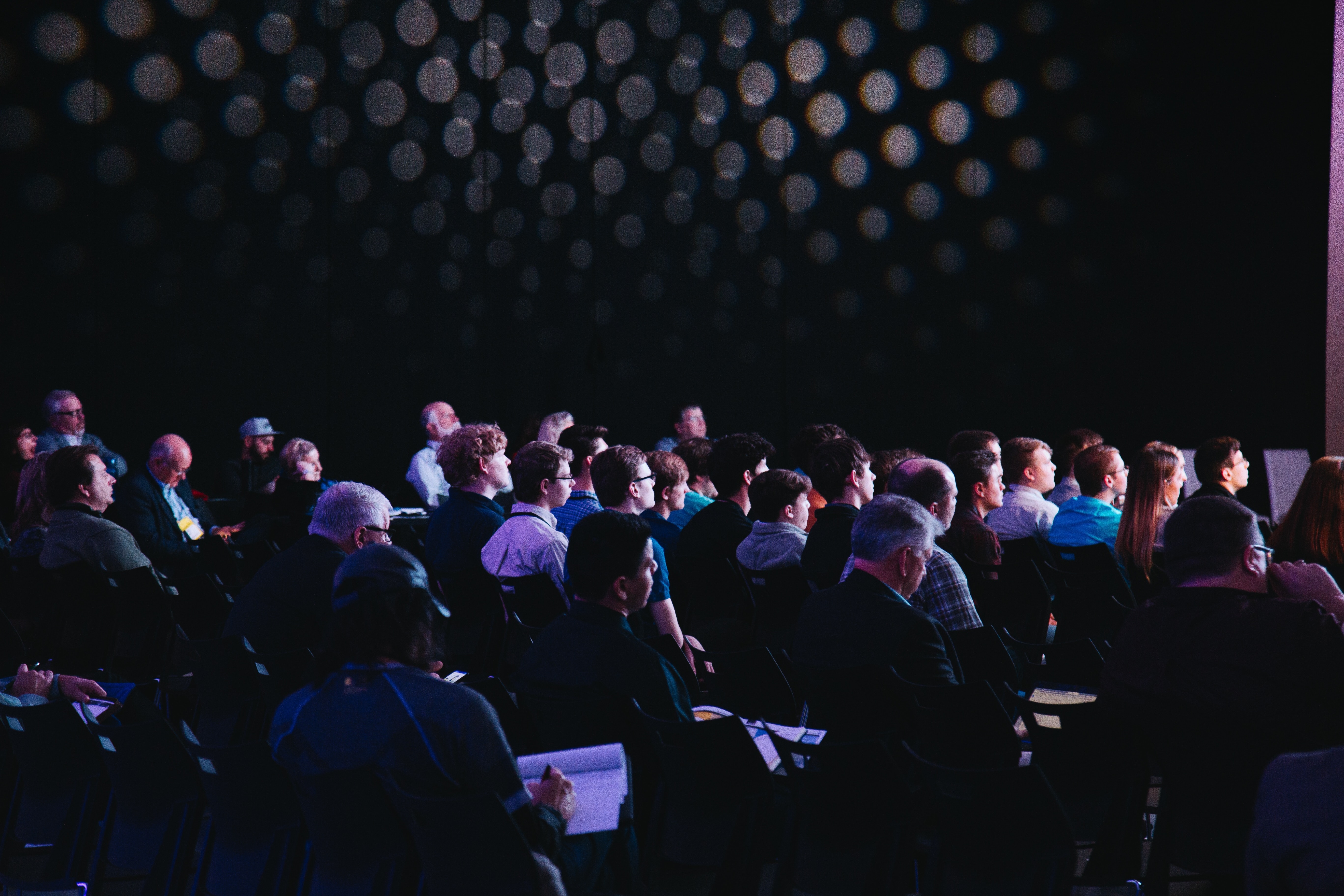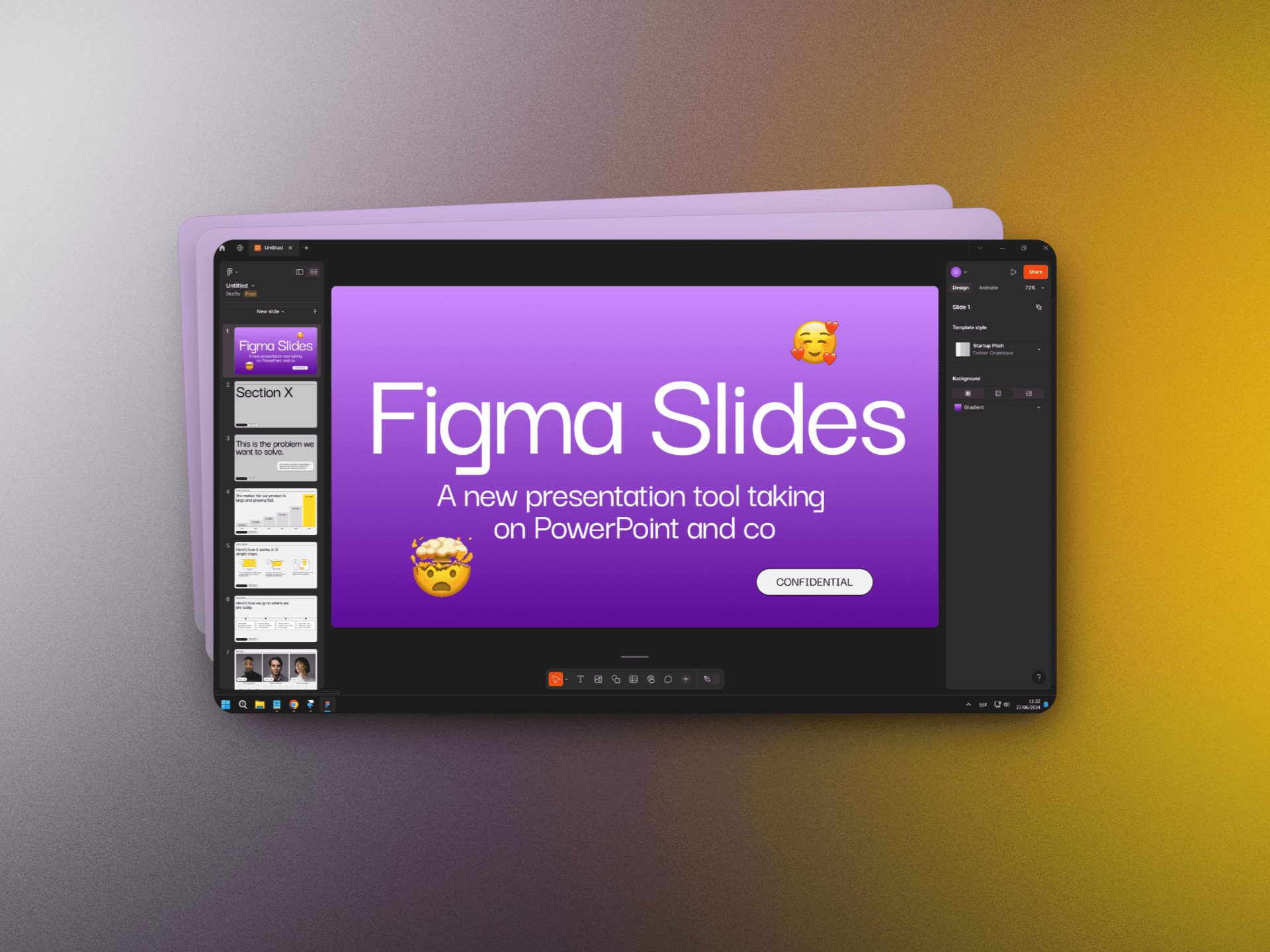3 Ways to Connect With Your Audience (And Communicate Like a Pro)
June 6, 2018
/
3 min read
Once you know your audience, you can use these simple advice to connect with them:
Don't present, converse!
Have you ever been to a presentation where you suddenly notice that you are looking at the presenter without hearing anything? This happens when the presenter is not engaging enough. A presentation needs to be a two-way communication in order to be effective.
Involve the audience, ask questions, talk about things they can relate to. This two-way strategy allows the audience to actually process what you are saying instead of passively listening. Try this principle and your chances of influencing and persuading others will significantly increase.
Don't get them bored
Good slides will help you a long way here but you need much more to keep the audience from yawning. One essential point that goes hand in hand with 'knowing your audience'; you must adapt your presentation to the environment. How formal do you have to be? What words can you use? Use humor or not? All this is crucial to keep the audience engaged and attentive.
Another simple, yet important, aspect has to do with enthusiasm. If you don't show passion and energy in your presentation, don't expect others to care either. You need to sell your presentation with your combination of body language, eye contact and energy. If you fail on this, don't expect your beautiful slides to help you.
It's not about you, it's about them
Nothing is worse than going to a speech and listening to the presenter whine on and on about themself. The speaker must have a sense of what the audience want to hear and adapt to that. People want to know what they can gain from your presentation, thus you have to put them in the spotlight.
No matter your accomplishments, stay humble and give the audience inspiration to take with them. Give practical advice and tools they can use and your audience will remember you.
The best advice is to remember a great presentation you have seen, and figure out why you liked it so much.
Get inspired and learn from others!



